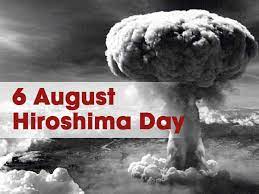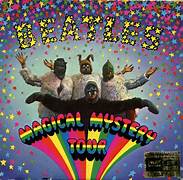In the midst of the roaring 1920s, a significant milestone in the history of American broadcasting occurred with the launch of the National Broadcasting Company (NBC) in 1926. This event marked a turning point in the way Americans consumed information and entertainment, shaping the future of radio and eventually television.
The establishment of NBC can be seen as a response to the rapidly growing popularity of radio during the 1920s. This period is often referred to as the "Golden Age of Radio," a time when the medium was becoming an integral part of American life, bringing news, music, and entertainment directly into people's homes. The demand for high-quality, reliable radio content was soaring, leading to a need for better organization and regulation within the industry.
In November 1926, the Radio Corporation of America (RCA) took a momentous step by launching the National Broadcasting Company. RCA, a major player in the electronics industry at the time, understood the potential of radio as a mass communication medium. They recognized the importance of bringing structure to the broadcasting world, as radio stations operated independently and often on incompatible frequencies. NBC was established to create a national network that could deliver consistent programming to radio listeners across the United States.
The inaugural broadcast of NBC featured an impressive lineup of programs. One of the first and most iconic broadcasts was the "Chicago Civic Opera," a live performance of Verdi's "La Traviata." This grand opening set the tone for the kind of quality programming that NBC intended to offer its listeners. Over the next few years, the network continued to expand its offerings, introducing popular shows like "The Eveready Hour" and "The Atwater Kent Hour."
NBC's establishment also marked the beginning of network radio, a concept that allowed affiliated local stations to access and broadcast network-produced content. This system enabled a broader and more unified experience for radio audiences across the nation. The idea of national broadcasts soon took off, with major events like the 1927 Rose Bowl Game being broadcast to a coast-to-coast audience, further solidifying the power and influence of NBC.
NBC's presence was not only felt in entertainment but also in the realm of news reporting. The network inaugurated its news division in 1927, which later evolved into the renowned NBC News. This division played a pivotal role in informing the American public about important events, including the stock market crash of 1929 and the subsequent Great Depression.
By the end of the 1920s, NBC was thriving and had become a dominant force in the world of broadcasting. The network's success served as a model for the establishment of other networks, such as the Columbia Broadcasting System (CBS) in 1927. The competition between NBC and CBS would define the golden age of radio, pushing both networks to produce high-quality content to capture the attention of the American public.
The launch of NBC in 1926 was a significant moment in American history, marking the beginning of a new era in broadcasting. It not only provided a platform for entertainment and information but also played a vital role in shaping the way Americans received news and cultural content. The network's success in the 1920s laid the foundation for its continued influence in the world of television broadcasting, making it a pioneer in the realm of mass media for decades to come.






